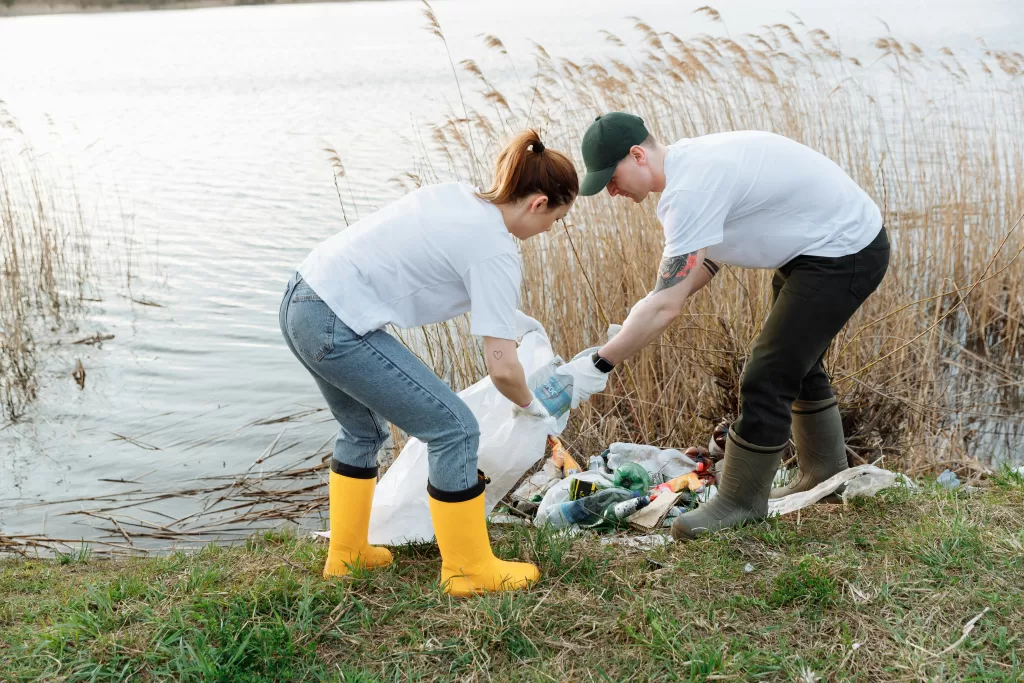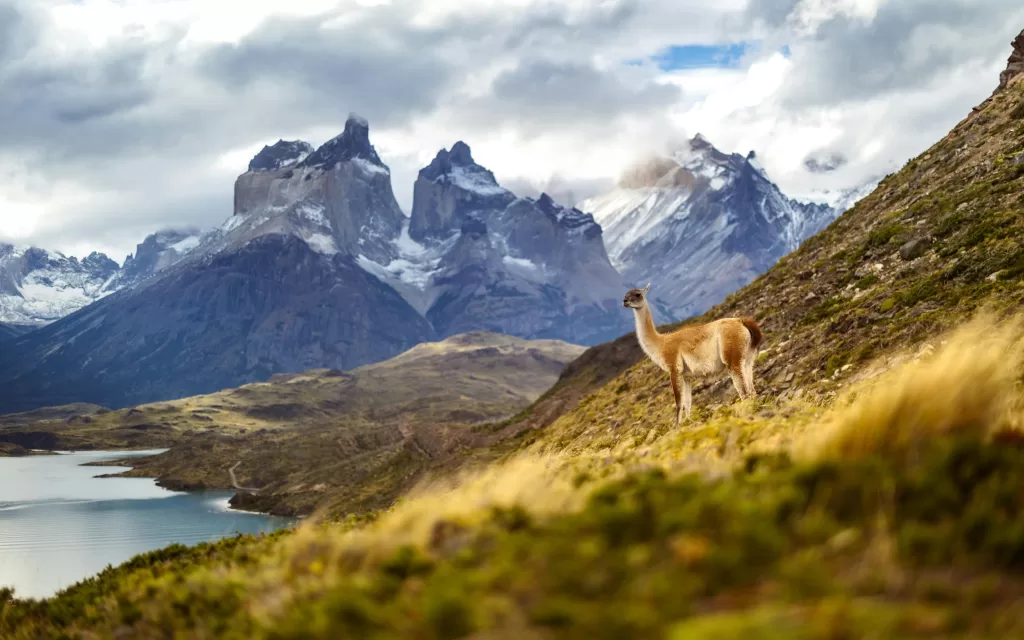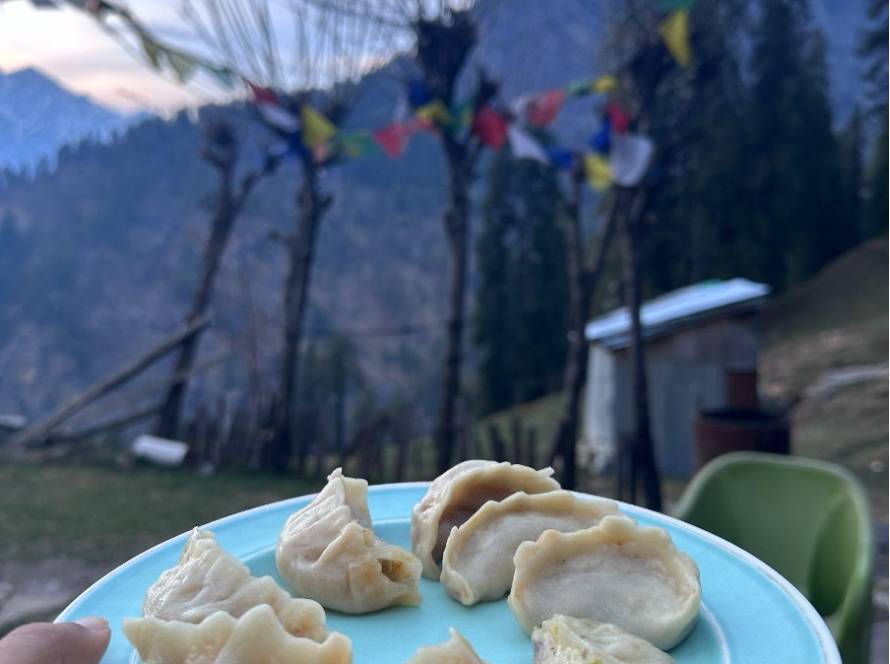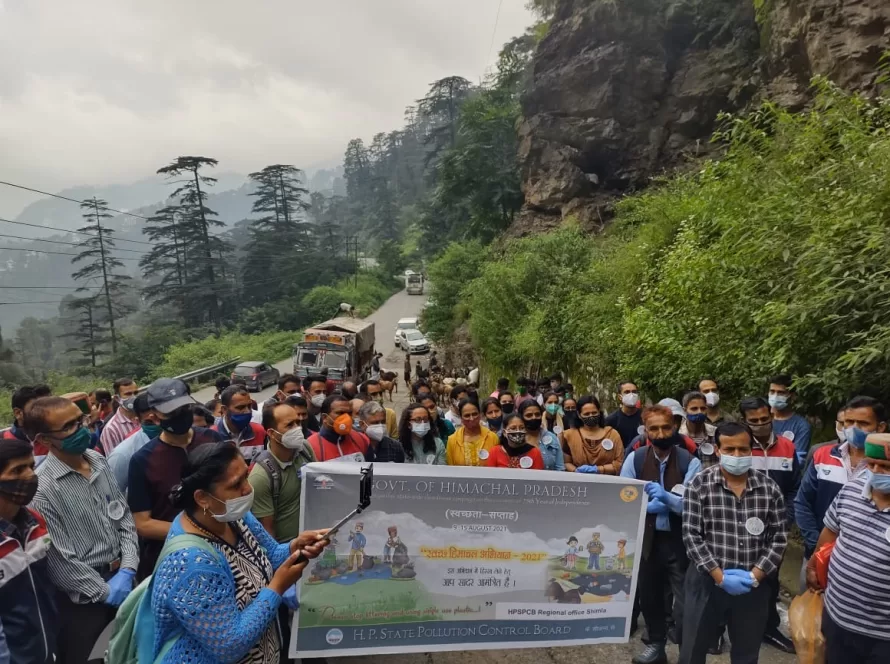Manali, a picturesque town nestled in the northern Indian state of Himachal Pradesh, is renowned
for its stunning landscapes, vibrant culture, and diverse flora and fauna. As tourism continues to
grow in this beautiful region, it becomes increasingly important to engage in activities that
preserve and enhance its natural environment. This guide explores various eco-friendly activities
in Manali, ranging from river cleanups to tree planting, that both tourists and locals can
participate in to contribute to the conservation of this pristine area.
The Importance of Eco-Friendly Activities
Environmental Benefits
● Biodiversity Conservation: Helps protect and enhance the local flora and fauna.
● Pollution Reduction: Reduces waste and pollution, improving air and water quality.
● Climate Change Mitigation: Activities like tree planting can help sequester carbon and
mitigate climate change impacts.
Social and Economic Benefits
● Community Engagement: Promotes community involvement and fosters a sense of
responsibility towards the environment.
● Tourism Sustainability: Ensures that tourism remains a sustainable industry, benefiting
both the local economy and the environment.
● Education and Awareness: Increases awareness about environmental issues and
educates participants on sustainable practices.

Key Eco-Friendly Activities in Manali
1. River Cleanups
Overview
River cleanups are essential for maintaining the health of Manali’s rivers, which are vital for
local ecosystems and communities. The Beas River, in particular, is a key water source that
requires regular attention to prevent pollution.
How to Get Involved
● Volunteer Programs: Join local organizations and volunteer groups that organize regular
cleanup drives along the Beas River and its tributaries.
● Tourist Participation: Many hotels and tour operators offer opportunities for tourists to
participate in river cleanups as part of eco-tourism packages.
● Event Days: Participate in special cleanup events organized on World Environment Day,
Earth Day, and other significant dates.
Impact
● Waste Reduction: Removes litter and pollutants from riverbanks and water bodies,
improving water quality.
● Wildlife Protection: Reduces the risk of wildlife ingesting or getting entangled in waste.
● Community Awareness: Raises awareness about the importance of keeping water
sources clean.

2. Tree Planting
Overview
Tree planting is a powerful way to enhance local biodiversity, improve air quality, and combat
climate change. In Manali, tree planting initiatives focus on reforestation and habitat restoration.
How to Get Involved
● Local NGOs: Collaborate with local NGOs that organize tree planting drives. These
organizations often provide saplings and guidance on proper planting techniques.
● Community Events: Participate in community tree planting events, which are often held
during the monsoon season when conditions are ideal for tree growth.
● Adopt-a-Tree Programs: Engage in adopt-a-tree programs where participants can plant
and care for a tree, monitoring its growth over time.
Impact
● Carbon Sequestration: Trees absorb carbon dioxide, helping to mitigate climate change.
● Habitat Creation: Provides habitats for various wildlife species, enhancing biodiversity.
● Soil Conservation: Trees help prevent soil erosion and improve soil health.
3. Sustainable Trekking
Overview
Sustainable trekking emphasizes minimizing environmental impact while enjoying Manali’s
stunning landscapes. This involves responsible practices such as waste management, trail
conservation, and respecting wildlife.
How to Get Involved
● Eco-Treks: Join eco-trekking tours organized by companies that follow sustainable
practices.
● Leave No Trace: Follow the Leave No Trace principles, which include packing out all
waste, staying on designated trails, and respecting wildlife.
● Trail Maintenance: Participate in trail maintenance activities to help repair and maintain
trekking routes, ensuring they remain safe and accessible.
Impact
● Minimal Footprint: Reduces the environmental impact of trekking activities.
● Trail Preservation: Helps maintain the integrity and safety of trekking routes.
● Wildlife Protection: Minimizes disturbance to local wildlife.
4. Organic Farming
Overview
Organic farming promotes sustainable agricultural practices that do not rely on synthetic
fertilizers and pesticides. Engaging in organic farming activities helps support local farmers and
promotes eco-friendly agriculture.
How to Get Involved
● Farm Stays: Stay at organic farms that offer experiential learning opportunities, including
hands-on participation in farming activities.
● Volunteer Programs: Join volunteer programs that support organic farming initiatives in
and around Manali.
● Workshops and Tours: Attend workshops and guided tours that focus on organic
farming practices and their benefits.
Impact
● Soil Health: Improves soil fertility and structure through natural farming methods.
● Biodiversity: Enhances biodiversity by avoiding harmful chemicals and encouraging
crop diversity.
● Local Economy: Supports local farmers and promotes sustainable agriculture.

5. Wildlife Conservation
Overview
Wildlife conservation activities in Manali aim to protect and preserve local wildlife and their
habitats. This includes monitoring wildlife populations, habitat restoration, and anti-poaching
efforts.
How to Get Involved
● Volunteer with NGOs: Work with NGOs that focus on wildlife conservation efforts, such
as habitat restoration and wildlife monitoring.
● Wildlife Tours: Participate in responsible wildlife tours that educate about local species
and conservation needs.
● Support Conservation Projects: Donate to or fundraise for wildlife conservation
projects in the region.
Impact
● Species Protection: Helps protect endangered species and their habitats.
● Ecosystem Balance: Maintains the balance of local ecosystems by preserving
predator-prey relationships.
● Research and Data: Contributes to research and data collection, aiding in effective
conservation strategies.

6. Eco-Friendly Workshops and Education Programs
Overview
Educational workshops and programs focus on teaching sustainable practices and raising
environmental awareness. These programs are often tailored for different audiences, including
tourists, students, and local communities.
How to Get Involved
● Attend Workshops: Participate in workshops that cover topics such as waste management,
sustainable living, and environmental conservation.
● School Programs: Engage with school programs that incorporate environmental
education into the curriculum.
● Community Outreach: Volunteer for community outreach programs that promote
eco-friendly practices and conservation awareness.
Impact
● Increased Awareness: Educates participants about environmental issues and sustainable
solutions.
● Behavioral Change: Encourages sustainable behaviors and practices among participants.
● Community Engagement: Fosters a culture of environmental stewardship within the
community.
Conclusion
Engaging in eco-friendly activities in Manali not only enhances your travel experience but also
contributes significantly to the preservation of this beautiful region. From river cleanups and tree
planting to sustainable trekking and organic farming, there are numerous ways to make a positive
impact. By participating in these activities, you help protect the environment, support local
communities, and promote sustainable tourism practices. Embrace the opportunity to enjoy
Manali responsibly and ensure its natural beauty is preserved for future generations.



